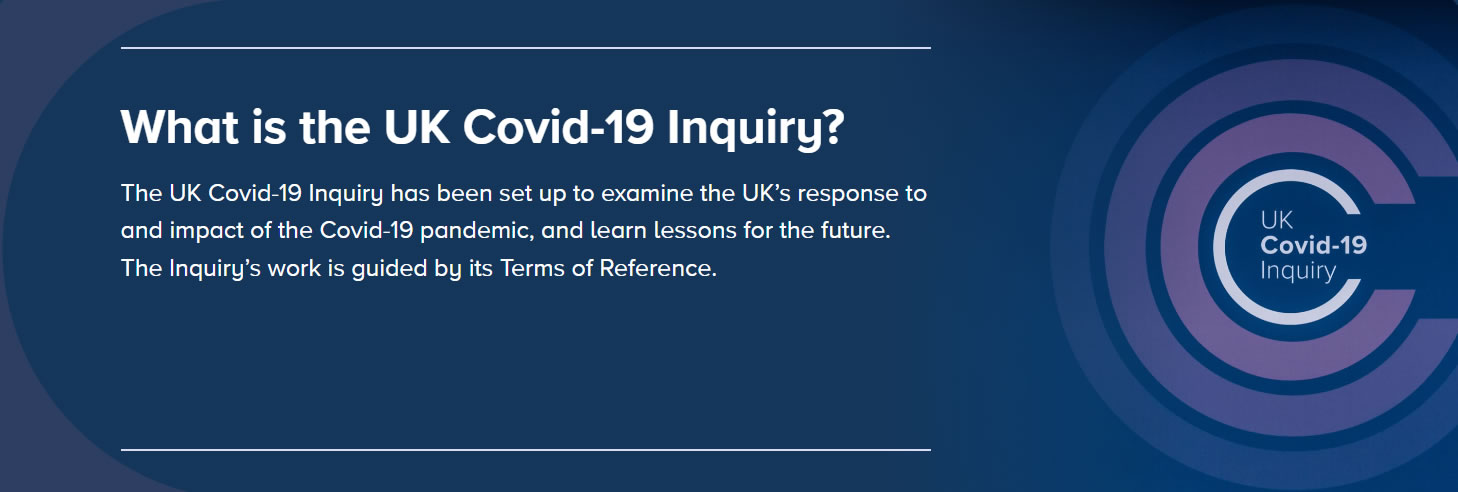The Covid-19 pandemic has been one of the most challenging and unprecedented events in modern history. It has affected every aspect of our lives, from health and wellbeing to education and economy. It has also raised many questions about how the UK government and its advisers handled the crisis, and what lessons can be learned for the future.
That is why an independent public inquiry into the Covid-19 pandemic in the UK is so important. The Covid-19 inquiry, which started in spring 2022, is examining the UK’s response to and impact of the pandemic, and making recommendations to improve preparedness and resilience for any future outbreaks.
The inquiry is being led by Baroness Heather Hallett DBE, who has the power to summon witnesses and request documents and evidence. The inquiry is also seeking to hear from people across the UK who have been affected by the pandemic, through a listening exercise called “Every Story Matters“.
One of the key issues that the inquiry will need to address is transparency. Transparency means being open and honest about the decisions made, the evidence used, and the challenges faced during the pandemic. Transparency is essential for building and maintaining public trust in the government, health professionals, scientists, and vaccine manufacturers.
However, transparency has not always been evident during the pandemic. For example, some critics have accused the government of being too slow to impose lockdowns, too reliant on private contractors for test and trace, and too secretive about the advice given by scientific experts. Some have also questioned the role of social media platforms and mainstream media organisations in shaping public opinion and influencing policy.
Therefore, the inquiry should not only look at the official communications and actions of the government and its advisers, but also at the informal and behind-the-scenes interactions that may have influenced them. This includes not only the WhatsApp messages between Boris Johnson, the then Prime Minister, and ministers, but also messages from and to members of various scientific groups, such as:
- Scientific Advisory Group for Emergencies (SAGE)
- Scientific Pandemic Insights Group on Behaviours (SPI-B)
- Scientific Pandemic Influenza Group on Modelling (SPI-M-O)
- PHE Serology Working Group
- COVID-19 Clinical Information Network (CO-CIN)
- New and Emerging Respiratory Virus Threats Advisory Group (NERVTAG)
- Environmental Modelling Group (EMG)
- Children’s Task and Finish Working Group (TFC)
- Hospital Onset COVID-19 Working Group (HOCI)
- Ethnicity Subgroup
- Social Care Working Group (SCWG)
The inquiry should also ask to see the minutes of every meeting of these groups, as well as any relevant documents or data that they used or produced. Moreover, the inquiry should investigate how the money allocated for test and trace was spent, and whether it delivered value for money and effective outcomes. Finally, the inquiry should explore whether there was any undue influence or manipulation by vaccine manufacturers or other stakeholders on social media platforms or mainstream media organisations.
By doing so, the inquiry will be able to provide a comprehensive and balanced account of what happened during the pandemic, why it happened, who was responsible, and what can be done better in the future. This will help to restore public confidence in the government and its advisers, as well as in health professionals, scientists, and vaccine manufacturers. It will also help to ensure that the UK is better prepared and more resilient for any future pandemics.
The conduct of this inquiry is vital for public trust. It should be independent, thorough, transparent, and fair. It should also be timely, as delays may erode public interest or memory. The inquiry should aim to deliver its final report within a reasonable timeframe, while allowing enough time for proper investigation and consultation.
The Covid-19 pandemic has been a tragedy for many people. It has also been a test for our society. The inquiry is an opportunity to learn from our mistakes, celebrate our achievements, and improve our future.
I look forward to reading the #CovidInquiry report.
PS: Follow the Covid-19 Inquiry on Twitter.
First dropped: | Last modified: May 30, 2023
Error: Invalid modelName in client config.
